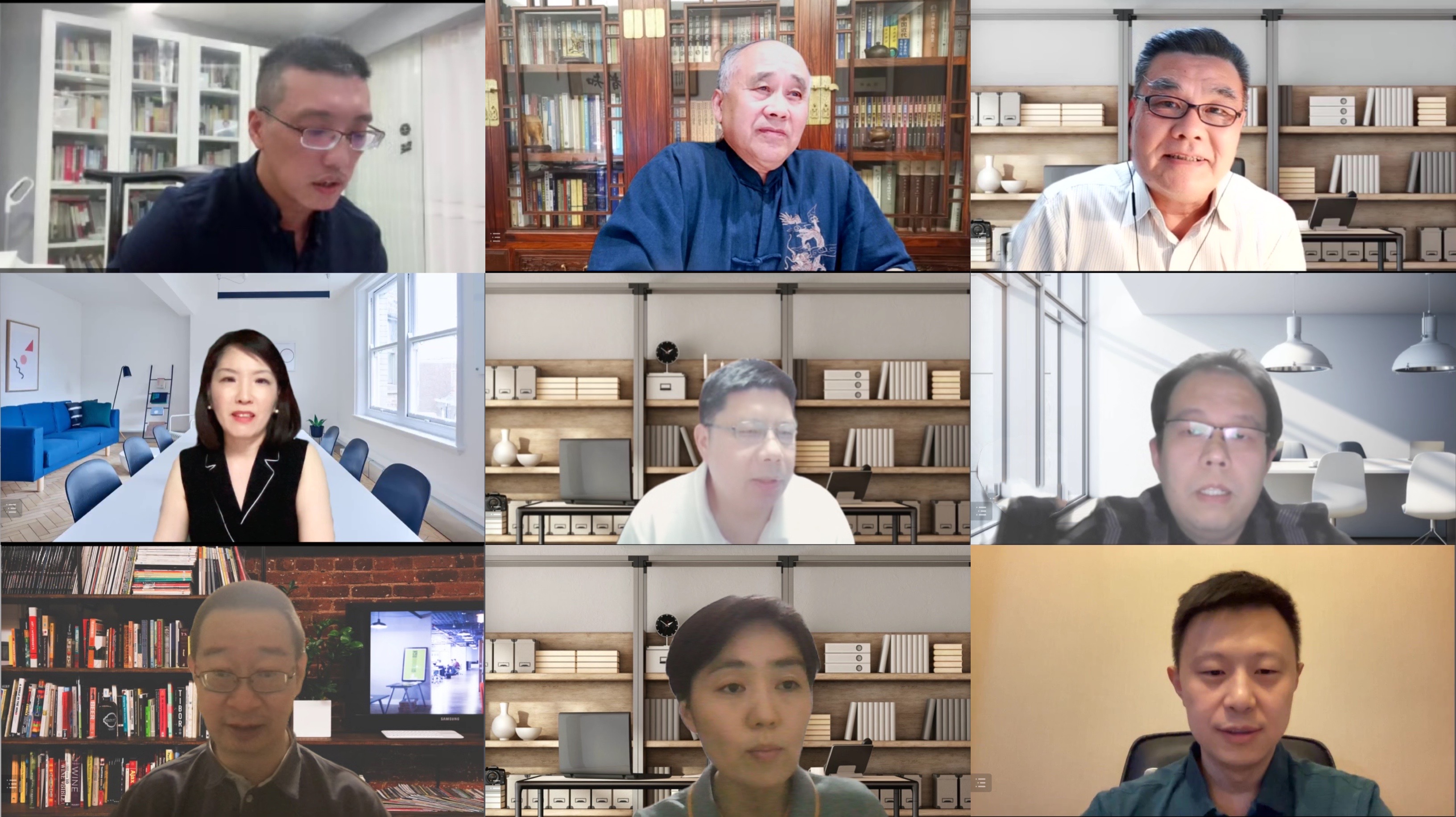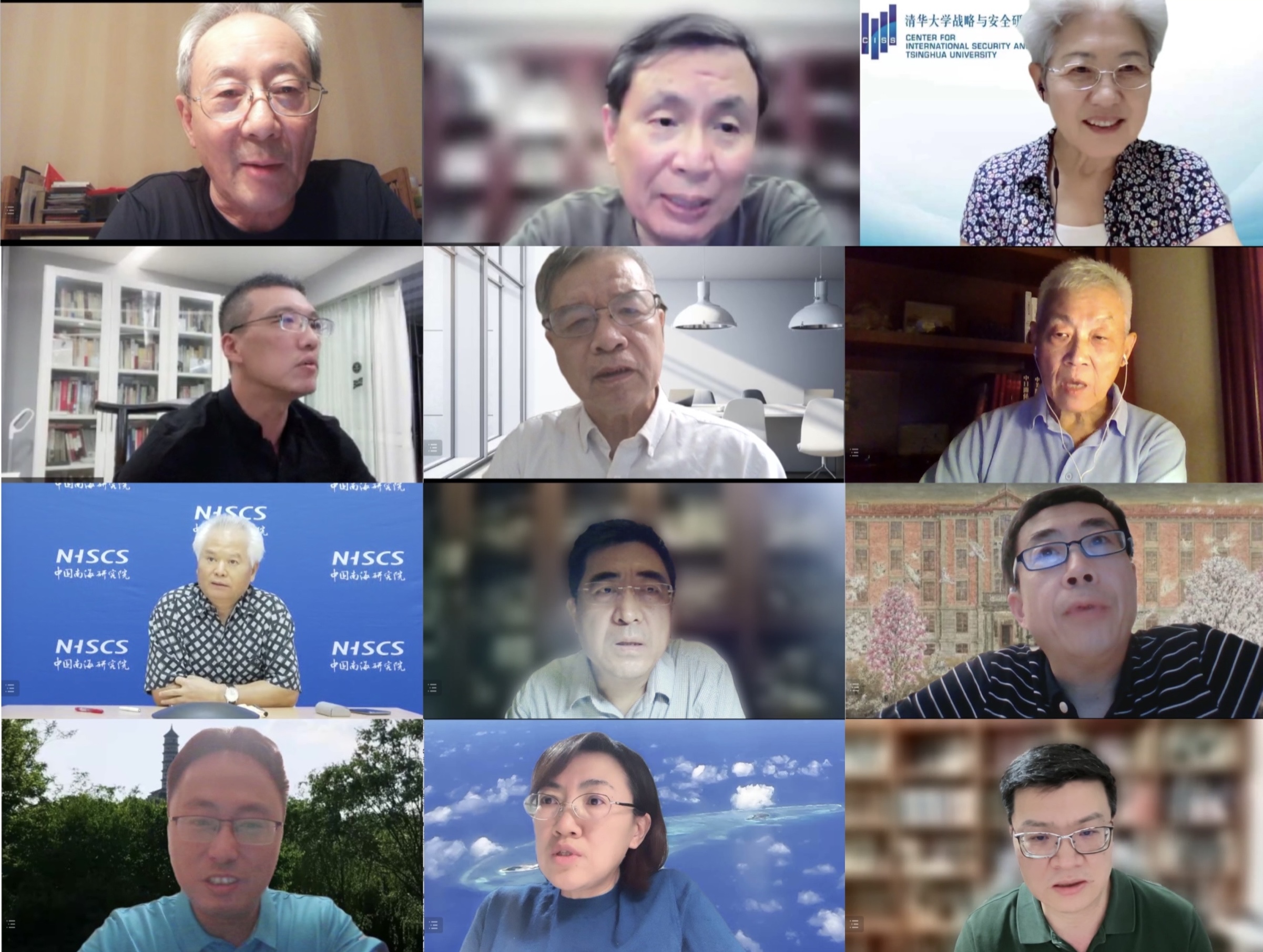On May 27 and 28, 2022, the Center for International Security and Strategy (CISS) of Tsinghua University held the 38th Security and Strategy Seminar titled “The Landscape and Hotspot Issues in the Asia-Pacific Region (Southeast Asia)” . Moderated by An Gang, nonresident senior fellow at CISS and senior editor for China’s World Affairs Magazine, the event convened more than a dozen scholars from Tsinghua University, Peking University, Renmin University of China, Fudan University, University of International Business and Economics, Sun Yat-sen University, Chinese Academy of Social Sciences, China Institute of International Studies, Academy of Military Sciences, and National Institute for South China Sea Studies, as well as CISS academic members and fellows.

Amid the impact of the Russia-Ukraine conflict on the international order, Biden’s commitment to the US Indo-Pacific strategy and the launch of the Indo-Pacific Economic Framework for Prosperity, we are seeing increasingly complex dynamics in the great-power strategic competition in the Asia Pacific as well as growing importance and urgency for China to strengthen its strategic planning in the region, panelists believe. The US has been particularly active in Southeast Asia, the frontline of its strategic competition with China, where it has been sowing discord between China and ASEAN countries over territorial and maritime disputes, rallying allies in an intensifying military encirclement of China, and working to cut China out of the global supply chain under the banner of so-called “shared values”. The US has also made “shaping the strategic environment around China” a key objective of its new strategy toward China, with Southeast Asia playing a key role. In the face of the escalating strategic competition between China and the US, ASEAN and its members have refused to take sides, dynamically adjusting their strategy to ensure the balance of power and secure greater strategic autonomy. Navigating the complex landscape, we need to hold our ground, stay focused, identify and build on our strengths, address our weaknesses, increase our strategic deployment to Southeast Asia, actively support ASEAN centrality, provide regional public goods, and work toward a “China-ASEAN community with a shared future” and a “China-ASEAN maritime community with a shared future.”
In addition, panelists compared notes on the landscape in the South Pacific and China’s ties with countries in the region.

